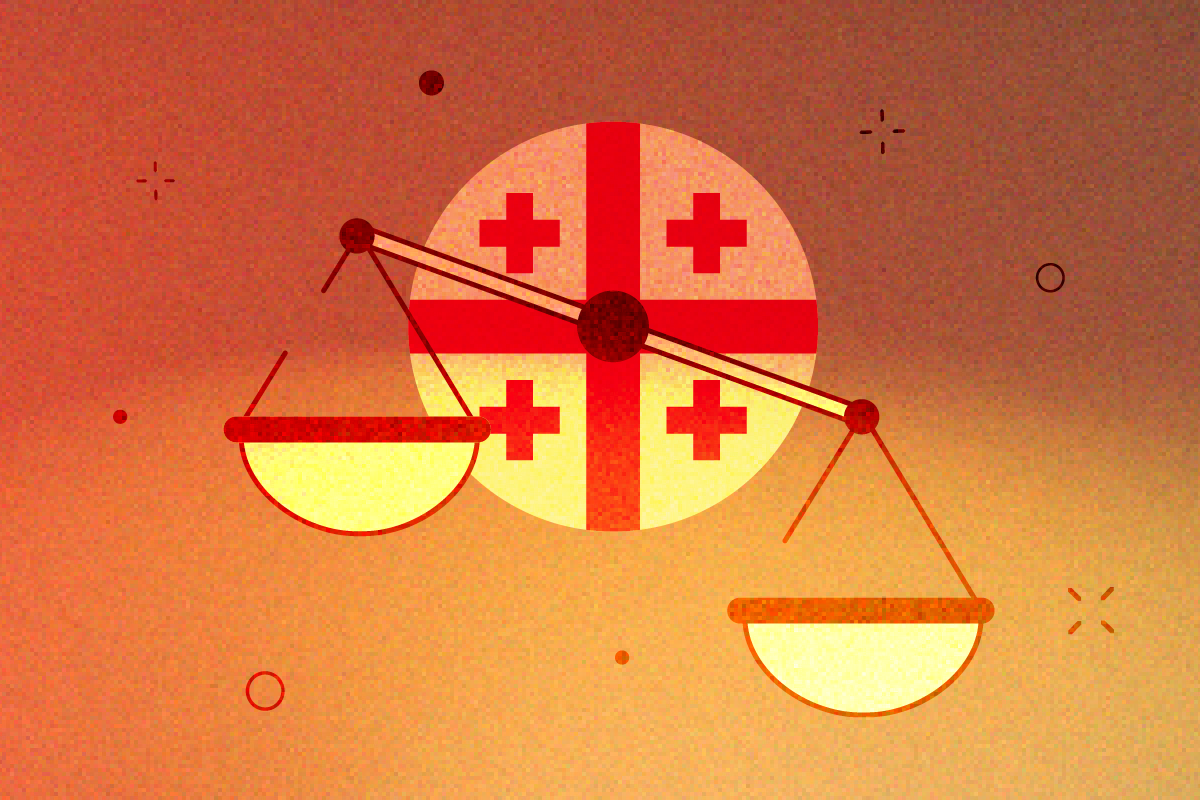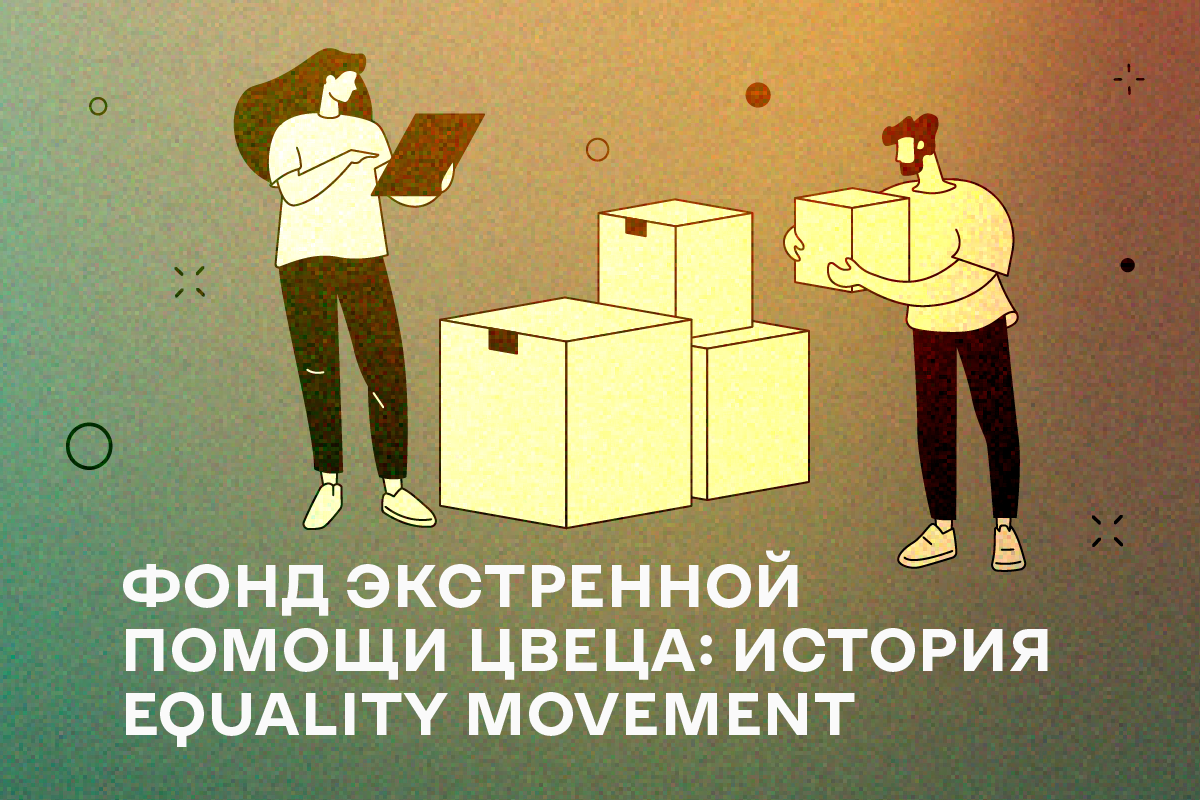ECOM has prepared a comparative analysis of national legislation related to LGBT rights and HIV in Armenia, Belarus, Georgia, Kyrgyzstan, and North Macedonia for the period 2017 to 2019.
The analysis contains information on barriers that prevent gay men, other MSM and trans* people from fully realizing their rights, and also illustrates trends related to overcoming these barriers, both in terms of legislative amendments, as well as the development of appropriate law enforcement practices.
Examining the trends in each country of the region, the results of the analysis indicate that national activists in Armenia have made important achievements with the development of a system for funding social services through state orders and the creation of a safe environment for testing and subsequent counseling.
On the other hand, negative social trends of the region, including attempts to submit amendments to criminal codes to parliaments, aimed at restricting the freedom of speech of LGBT people (i.e. provisions on the so-called “prohibition of gay propaganda”), have also affected Armenia during this period.
National activists in Belarus have also achieved significant success in their work, including systematic advocacy at the UN level, which resulted in recommendations to the government in the form of clear action plans to address “problem areas.”
Out of all the countries analyzed, the greatest number of changes between 2017 and 2019 occurred in Georgia. The following developments are worth noting: the removal of barriers in the healthcare field; the decision of the Constitutional Court of Georgia regarding the unconstitutionality of bans on blood donation by gay men, other MSM and trans* people; trainings for police to strengthen their capacity to investigate hate crimes; work with the community to increase the number of such cases that are reported to police; capacity building among civil society to protect LGBT rights, including efforts aimed at increasing visibility and the ability to exercise rights, such as freedom of speech and freedom of peaceful assembly, on an equal basis with other groups; and, the consolidation of efforts of LGBT and human rights activists during the organization of Tbilisi Pride 2019 and compromises with authorities in relation to the event.
An analysis of the changes that occurred in Kyrgyzstan demonstrates several positive trends, including the intensification and consolidation of the work of local LGBT leaders and other human rights organizations, which led to discussions on the development and adoption of an antidiscrimination law, including the inclusion of this issue in a government plan.
North Macedonia is the country where the most important legislative changes have taken place, namely the inclusion of a specific mention of SOGI as grounds for protection from discrimination in the national anti-discrimination law, the inclusion of SOGI in the criminal code in order to establish liability for the commission of homophobic and transphobic crimes, and the creation of a working group for the subsequent harmonization of other legislation to strengthen the system of protection against discrimination.
The full version of the analysis for each individual country, as well as of general regional trends, can be viewed here:






Комментарии
Пока никто не оставил комментарий